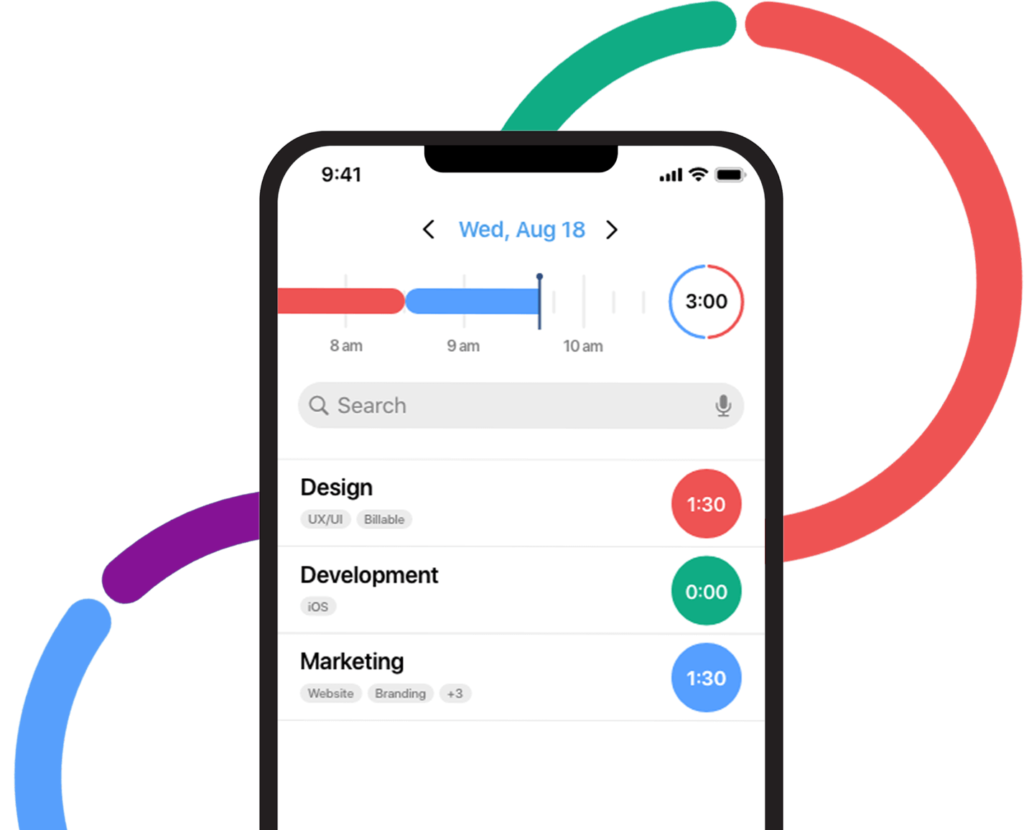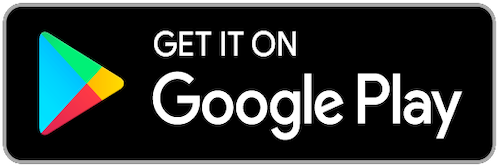Strategies and best practices for project management are ever-evolving, but the shift towards remote teams has opened up a new landscape that many project managers are still navigating. While you may not have the opportunity to work with your team in-person, a time tracking software provides a simple way to increase connectivity. The data empowers you to track progress asynchronously so you won’t need to micromanage your team to get the visibility you need.
What Is Time Tracking in Project Management?
Time tracking in project management, at its core, is about tracking time spent on each task. It lets you gauge productivity, monitor progress, anticipate your burn rate, and streamline processes. It takes the guesswork out of the most complicated part of any project: time.
What Are the Benefits of Using Time Tracking Software for Project Management?
Most of us use some kind of time management system. Systems can be as simple as timers and notes, or as complicated as stopwatches and spreadsheets. The problem is when there’s no single system, data can’t be aggregated or analyzed easily. A time tracking app can help a team track uniformly and quickly, benefitting both the people doing the work and those managing the work.
Top 4 Benefits of Time Tracking Software for Project Management
Transparent Workflow
It’s easy to plan a project with rough estimates of timelines, but it’s messy and inefficient. You can speculate how much time individual tasks will take, but you can’t be certain. As your team acclimates to tracking their time with a time tracking app, a clearer picture will emerge.
Once you can see how much time employees actually spend on individual tasks, you can plan capacity and project deadlines more effectively.
Performance Insights
Performance insights can streamline how you manage your team, and time tracking is a great way to do that. Without time tracking, it can be challenging to understand which team members are struggling with productivity or certain tasks. The performance insights that time tracking software can offer will help reveal who’s excelling and who needs more training so that you can manage your team proactively.
Automatic Reporting & Invoicing
Let’s be honest. Filling out reports and invoicing can be tedious. A time tracking software makes it easy to automate reporting and invoice accurately. Rather than estimating the hours spent working at the end of the period when payroll is due, employees can actively track their work each day so that invoices and reports can be generated with the click of a button.
Rock Solid Client Communication
Time tracking apps can do more than track time and streamline payroll processing. They can also dramatically improve your communication with your clients by providing granular insights into the progress of the project. You can use your company’s time tracker app to keep clients, partners, and stakeholders in the loop.
The Best Ways to Keep Track of Time in Project Management
1. Implement Time Tracking Software That Meets Your Management Needs
A time tracking software can take your management to a new level. Start by identifying what your needs are. Should you track numerous individual tasks for different clients? Will thorough reports save you time in communicating progress to stakeholders? Do you need a system that will also facilitate contractor invoicing? Answering questions like these will give you a clear understanding of what a time tracking software needs to do for you and your company.
2. Develop a System Your Team Will Use
Implementing a time tracking software is a huge step, but it’s only valuable if your team is using it. When choosing a software, ensure its implementation and daily use will make it an asset to your team rather than a distraction.
3. Analyze Where Time Is Going
Once your team starts tracking, the data will be at your fingertips in real time. Now you’ll have a pulse on your projects and team members as the week is progressing to be aware of how work is progressing and what your actuals vs. forecast data is shaping up to be.
Time Tracking Software Use Cases
It’s easy to see how tracking time can help you. But why do you need a time tracker app to do it? Time tracking apps and software have potential in every industry. Here are a few examples of how people are already using it.
Time Tracking Software for Lawyers
Keeping track of your hours is one thing, but tracking it across tasks to show what you’re billing for can be messy. A good time tracking software for lawyers will give you the timers and tags you need to easily and quickly switch between clients and tasks.
Time Tracking Software for Agencies
Time tracking can be integral to your project management at an agency. A time tracking software for agencies can help you forecast your budgets, keep you from overextending your teams, and streamline your billing processes.
Time Tracking Software for Remote Employees
Tracking time for projects and internal work can be even more difficult when your team is remote. A solid time tracker app should let you track your hours easily, from administrative to value-productive tasks. The best time tracking software for remote employees will make being successful simple.
Improve Project Management Through Time Tracking Software
Time tracking software can revolutionize how you handle project management. It creates transparency every step of the way, giving you insights into your team’s productivity. The data it collects will automate and streamline your invoicing, billing, and payroll processes. Finally, you’ll be able to channel that information and time saved into more effective project management. Win/win/win!
Click here to learn more about time tracking software and how it increases efficiency.
Are you ready to use a simple, highly customizable time tracking software for your projects? Download TimeLord now to try it for yourself.




